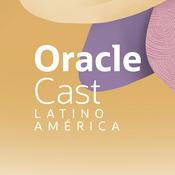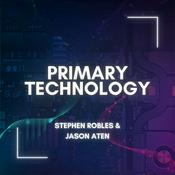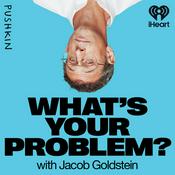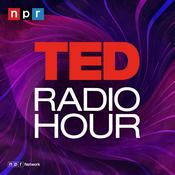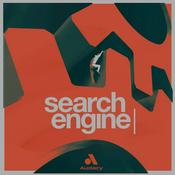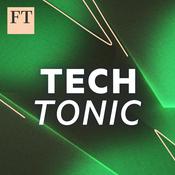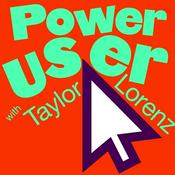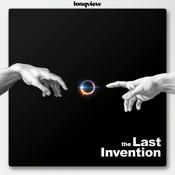43 episodios

Getting the Most From Our Extra 30 Years
01/7/2025 | 33 min
For over a century, we’ve been in the midst of a revolution in longevity – one that is unprecedented in human history. More than a quarter century has been added to the average lifespan since the 1900s. How should individuals and society make the most of this time? How can we rethink education, careers, healthcare, and retirement in light of our longer lives? In the season finale of The World As You’ll Know It: The Future of Aging, we speak with psychologist Laura Carstensen and economist Andrew J. Scott about what it will take to maximize those extra 30 years we’ve gained – not just in old age, but throughout our lifetimes. To learn more about listener data and our privacy practices visit: https://www.audacyinc.com/privacy-policy Learn more about your ad choices. Visit https://podcastchoices.com/adchoices

How to Be a Super Ager, with Eric Topol
24/6/2025 | 33 min
The world today is oversaturated with trends, tips, and treatments for how to live long and be healthy while doing it. But it can be hard to know who to listen to – and what actually works. In this episode, we talk to Dr. Eric Topol, renowned cardiologist and author of the book Super Agers: An Evidenced-Based Approach to Longevity, to clear up some of the myths around healthy aging and shine light on what actually works. We cover everything from how much sleep you need and how much movement to get, to dietary advice and the benefits of social engagement — and much more. To learn more about listener data and our privacy practices visit: https://www.audacyinc.com/privacy-policy Learn more about your ad choices. Visit https://podcastchoices.com/adchoices

Why Women Live Longer Than Men
17/6/2025 | 34 min
Women tend to live longer than men, even under the most difficult conditions like famines and epidemics. While it’s true that women tend to go to the doctor more and engage in less risk-prone activities, behavior alone doesn’t explain this phenomenon. In this episode, demographer Virginia Zarulli tells us about the implications of the startling fact that, in times of extreme hardship, it is often infant girls outliving infant boys that contributes most to the gap in longevity. Neurologist Dena Dubal, who has spent years studying the influence of the second X chromosome that females carry, explains how research into how women age will benefit men, too. And neuroscientist Lisa Mosconi talks about the impact of sex hormones on aging and why women are disproportionately susceptible to certain age-related diseases. To learn more about listener data and our privacy practices visit: https://www.audacyinc.com/privacy-policy Learn more about your ad choices. Visit https://podcastchoices.com/adchoices

Why Haven’t We Solved Alzheimer’s?
10/6/2025 | 36 min
We’ve known about Alzheimer’s and its devastating effects for more than 100 years, and have been predicting an imminent cure for at least the last 25. So why is it that after so many years of research and unrelenting loss, we’re not further along in our progress towards a cure? In this episode we consult three experts who have dedicated much of their lives to understanding this question. Neurobiologist Karl Herrup is the author of “How Not To Study a Disease: The Story of Alzheimer’s.” Charles Piller is a journalist who spent years researching the scandals that recently rocked the Alzheimer’s community. Donna Wilcock is a neurologist who has been studying Alzheimer’s disease and other forms of dementia for decades, and is also the editor-in-chief of the official journal of the Alzheimer’s Association. Together they help explain where we went wrong, and suggest where we might look next in our search for a cure. To learn more about listener data and our privacy practices visit: https://www.audacyinc.com/privacy-policy Learn more about your ad choices. Visit https://podcastchoices.com/adchoices

We’re Underestimating Older Brains
03/6/2025 | 31 min
A forgotten name, misplaced keys, feeling overwhelmed by some new technology. Classic signs of a brain beginning its long, inexorable descent into old age? Not necessarily. In fact, new research shows that we can preserve and even enhance our cognitive skills as we get older. In this episode, we explore the science behind the aging brain with psychologist and lifelong learner Dr. Rachel Wu, who has made remarkable breakthroughs in understanding how older brains acquire new skills and knowledge. We also speak to Dr. Cindy Lustig, a neuroscientist, about the chemical changes that take place in our brains as we get older, and how they affect the ways we think and behave. Finally, we look at wisdom. Older people are wiser than younger ones (at least in the United States). We speak to social psychologist Dr. Richard Nisbett whose studies show that the idea of getting older and wiser is no myth. To learn more about listener data and our privacy practices visit: https://www.audacyinc.com/privacy-policy Learn more about your ad choices. Visit https://podcastchoices.com/adchoices
Más podcasts de Tecnología
Podcasts a la moda de Tecnología
Acerca de The World as You’ll Know It: The Future Of Aging
Escucha The World as You’ll Know It: The Future Of Aging, All-In with Chamath, Jason, Sacks & Friedberg y muchos más podcasts de todo el mundo con la aplicación de radio.net
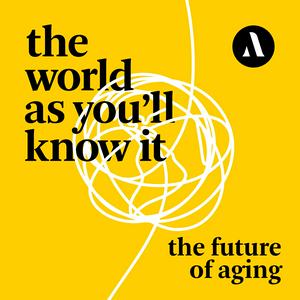
Descarga la app gratuita: radio.net
- Añadir radios y podcasts a favoritos
- Transmisión por Wi-Fi y Bluetooth
- Carplay & Android Auto compatible
- Muchas otras funciones de la app
Descarga la app gratuita: radio.net
- Añadir radios y podcasts a favoritos
- Transmisión por Wi-Fi y Bluetooth
- Carplay & Android Auto compatible
- Muchas otras funciones de la app


The World as You’ll Know It: The Future Of Aging
Descarga la app,
Escucha.








